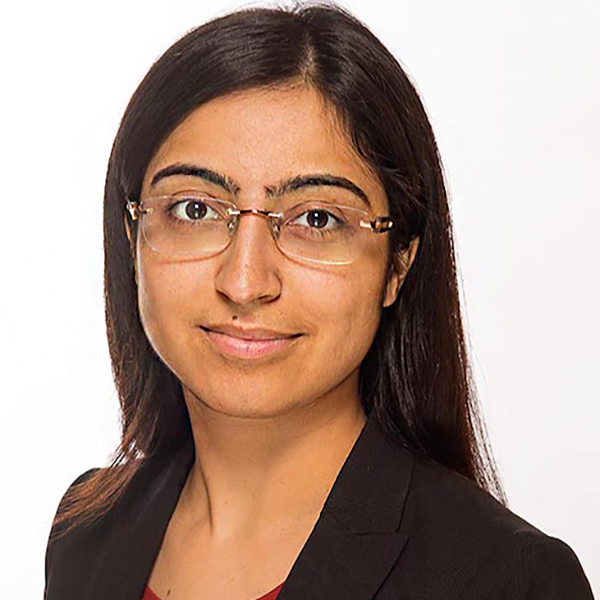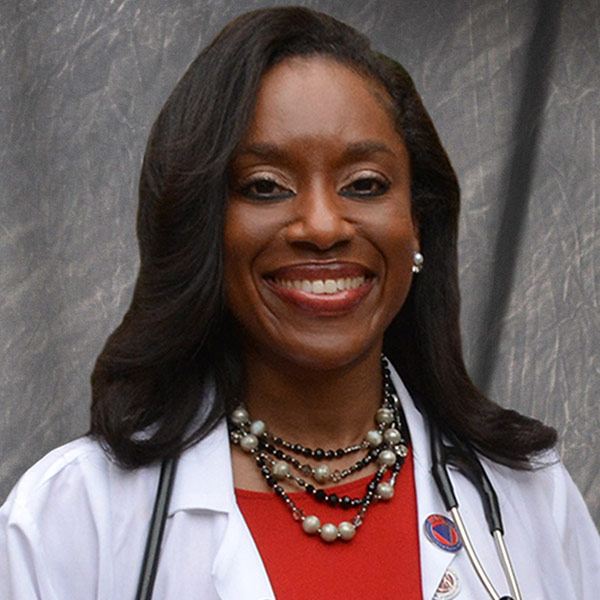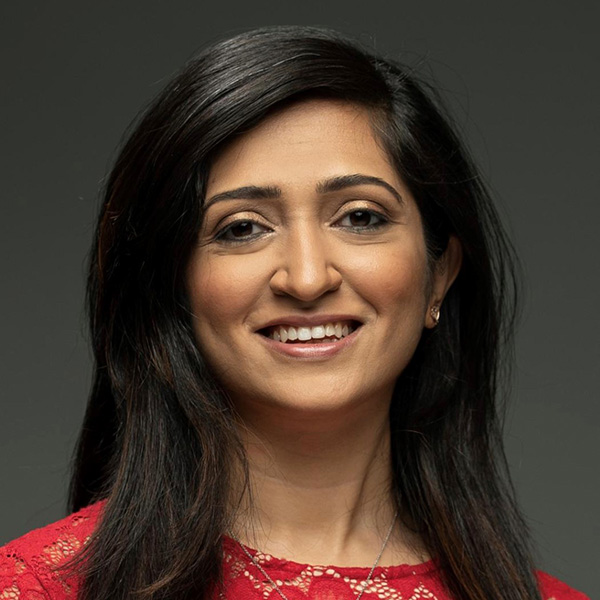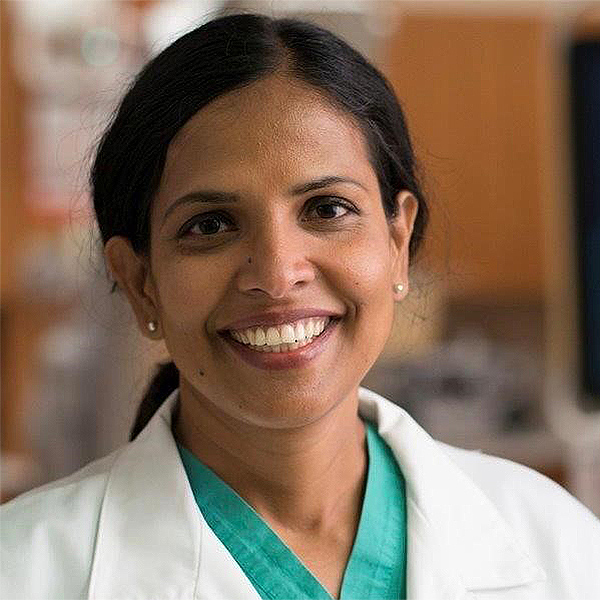Eleven Women Cardiology Leaders - How to Overcome Adversity and Thrive (Part 1)
Presented by the ACC Women in Cardiology (WIC) Section and Women as One, the Eleven Women Cardiology Leaders – How to Overcome Adversity and Thrive webinar highlighted a panel of female cardiologists who hold leadership roles in the field of cardiology.
This webinar focused on providing guidance, empowerment, and optimism to women in the medicine through their personal journeys and experiences.
Their presentations left us equipped with the necessary skills and qualities to not only survive, but "thrive."
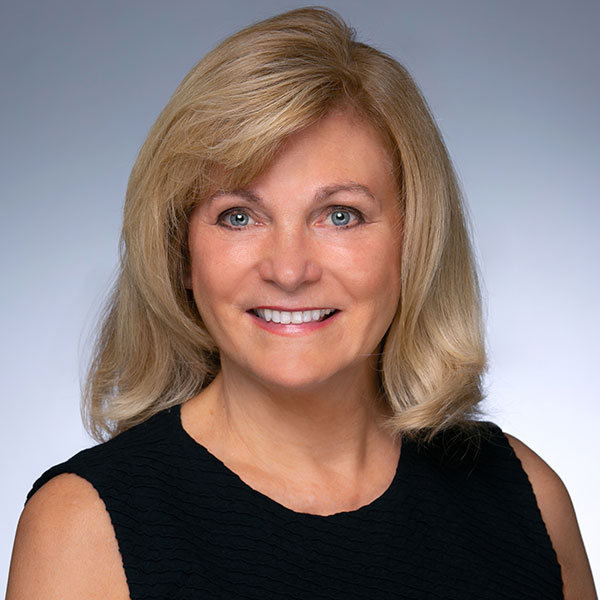
Cindy L. Grines, MD, FACC
President of the Society of Cardiac Angiography and Interventions (SCAI)
"Accept the situation and have a game plan."
Cindy L. Grines, MD, FACC, started the presentation with her personal journey. She had an extremely successful career in Michigan for more than 25 years. Subsequently, Grines made a move for family reasons where she embarked on a new position as Academic Chair of Cardiology. She was told during the interview process that her focus needs to be 90% on academics, research productivity, mentoring the faculty and getting the program a national presence.
Over the next 1.5 years, she worked hard towards these goals and exceeded the expectations. Despite going above and beyond by making the program a huge success, Grines was terminated from her position without a valid reason – "business decision" and "trying to merge some roles."
She eluded to how she handled this unprecedented situation and formulated a game plan, as she negotiated a severance package and found a new job that she is very happy with. Grines emphasized the importance of networking and rightly said that when such humiliating situations arise, we must remember that we are not alone.
Grines ended her presentation with words of motivation:
"You need to pick yourself up, brush yourself off and get back in the saddle and ride that horse again. The bottom line is change is good and when these things happen to you it's going to motivate you to do something different and to prove yourself."
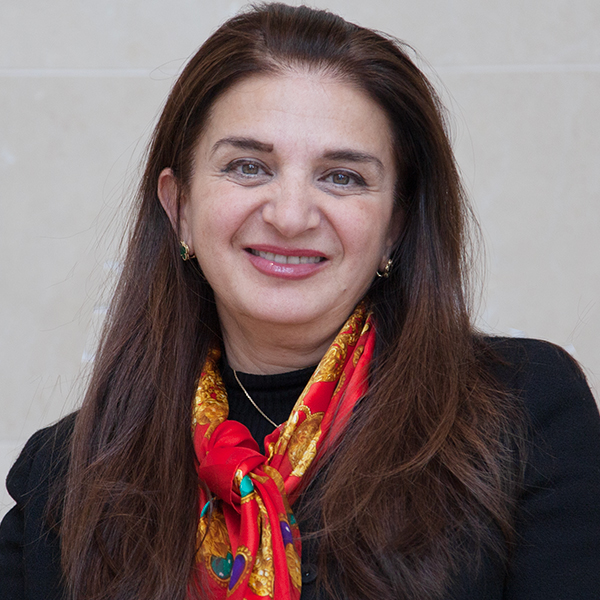
Roxana Mehran, MD, FACC
Co-founder of "Woman As One."
"Don't give up on your goals."
Roxana Mehran, MD, FACC, started with a bang: "Celebrate Women!"
She continued on with powerful words:
"When we focus on our goals, we can achieve everything and that we should never give up on our goals. They are yours, cherish them, fight for it, you will achieve it."
Mehran's journey started in Iran. She dreamt of being a doctor since she was quite young. Amidst the hostage crisis in Iran, her family migrated to Queens, NY. Despite poverty and restarting life as an immigrant, Mehran never lost the sight of her goal of becoming a doctor and continued with her aspiration of becoming an interventional cardiologist. With her determination and strong will, she became one of the first women fellows at Mount Sinai.
Mehran pursued her career in interventional cardiology and continued her mission to contribute to science and clinical outcomes. As a woman in a male dominated field, she felt the inequalities in interventional cardiology and made it her goal to make sure that women are heard. With that, she co-founded "Women As One."
Mehran stressed the powerful words that we must not accept harassment, we must not accept inequalities and we must give back.
She wrapped up her incredible presentation with, "You just have to set it all, keep your eye on the ball just like they tell you in baseball and in tennis to keep your eye on the ball and make sure you hit that bull's eye. Work hard and it will come to you."
She concluded with her favorite quote by Maya Angelou:
"Do your best you can until you know better, then when you know better, do better."
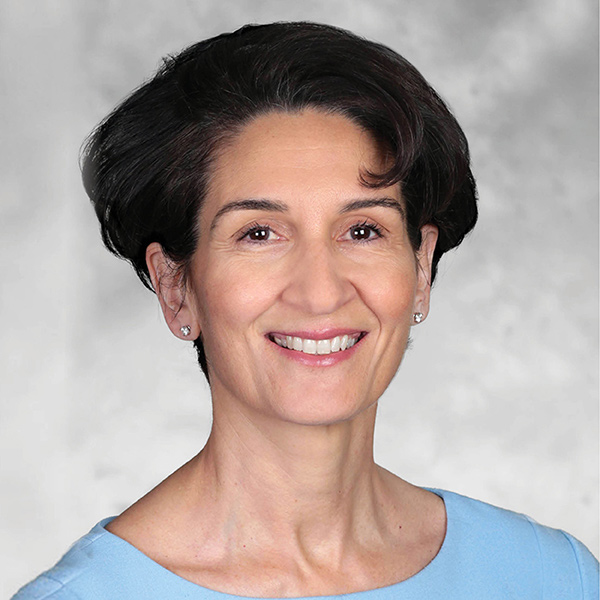
Athena Poppas, MD, FACC
President of the American College of Cardiology
"Strategic Leadership and Change Management"
Strategic leadership has never been as important as it is in these challenging times of the pandemic. Athena Poppas, MD, FACC, referred to the importance of influential leadership and rightly said that one does not have to have a title to lead.
These challenging times, like the COVID-19 pandemic, are an incredible opportunity for each one of us to step up and contribute. She explained that strategic leadership is not linear, but mostly a circle – anticipating things, recognizing challenges, interpreting and making decisions, staying aligned but learning along the way.
Poppas then shared some of the key tools from her leadership toolbox:
- Authenticity is the most essential, she emphasized.
- Using our influential skills rather than telling someone what to do – utilizing the tools of change management to bring people along.
- Conflict management and working together.
- Realizing one's own strengths, being honest about internal strengths, and bouncing off friends and allies. Also, being cognizant about weaknesses with a goal to improve is key.
- Lastly, she stressed "putting yourself out there and seizing those opportunities is another key element."
Poppas concluded by saying that working on change management and strategic leadership is a continuum and is a continuous cycle of learning. At the same time, succession planning with mentoring and helping others is key so that if one leaves tomorrow, there is an entire group there that can do that for you.
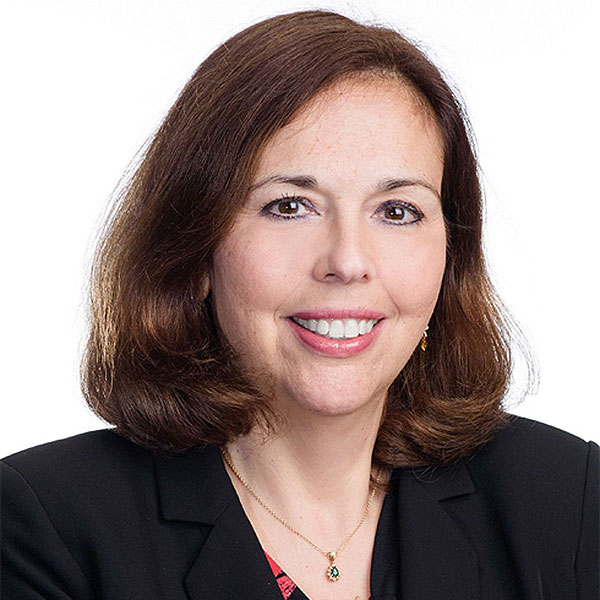
Andrea Russo, MD, FACC
Immediate Past-President of the Heart Rhythm Society (HRS)
"Resilience"
Andrea Russo, MD, FACC, described how in her very first week as the president of the Heart Rhythm Society (HRS), a controversial topic of Maintenance of Certification (MOC) surfaced. HRS had been looking into ways to create a less disruptive and more customizable educational program and certification.
In these times, HRS put together an MOC Task Force and conducted a member survey assessing the feasibility of other options. Throughout this tough battle, it was resilience that helped her look into options that would be relevant to the HRS members.
Then came along these unprecedented times with the COVID-19 pandemic and the annual HRS meeting that was going to be in jeopardy.
Russo and her team had to consider safety of travel and alternate ways to deliver education. Arrhythmias related to the coronavirus needed attention with protocols, how to deliver EP care to our patients in the COVID-19 era while protecting our EP team by reducing their exposure became a priority.
To answer these questions, HRS put together a group called the COVID-19 Rapid Response Task Force to collate the major information that was out there and provide guidance on how to deal with some of these issues.
There was an outpouring of volunteers and these documents were prepared in record time, showing the resilience and a collective resolve from not only the volunteers who contributed but also the HRS staff.
She concluded by saying that these tough times gave us a jump start to utilize online educational platforms and digital health and successfully deliver the HRS 2020 content online, making us stronger in the end.
She described that one of the most rewarding experiences of her presidency was the ability to share ideas, work together with leaders from around the globe and improve knowledge.
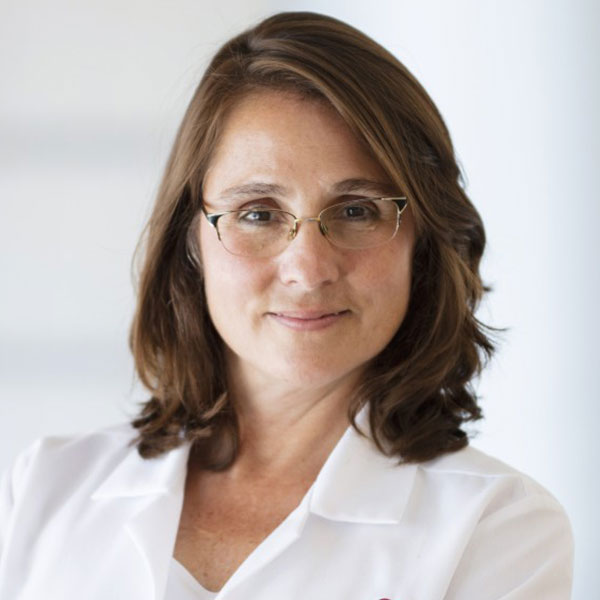
Christine Albert, MD, MPH, FACC
President of Heart Rhythm Society (HRS)
"Embrace Change, Be Creative"
Advice from Christine Albert, MD, MPH, FACC: When one cannot change the adversity, it is important to change gears and embrace the new opportunity. Listening to new suggestions, moving forward and ultimately bringing the group along as a leader are an integral part of being creative.
Advances in digital forms of communication in COVID-19 times are one such example of embracing the change.
She leaves us with these empowering words: "Don't be afraid" to forge ahead in adversity.
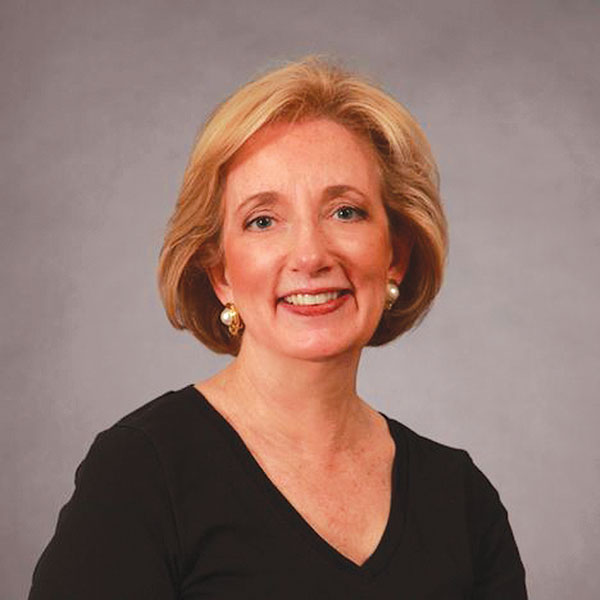
Mariell Jessup, MD, FACC
Chief Science and Medical Officer of American Heart Association (AHA)
"Believe in your capabilities."
The presentation from Mariell Jessup, MD, FACC, focused on how to take "courage" into our reins to overpower Impostor syndrome and its nagging question, "Are you capable?"
She used Michelle Obama's comments as a guiding example:
"Am I good enough?" "Of course!" She rightly pointed out that courage might be not be easy to find every moment. Jessup recalls the important role friends and mentors play to help the doubtful mind to "snap out" and re-enforce with "Yes! You are capable!"
She referred to Eleanor Roosevelt's tough life and her quote, "You gain strength, courage and confidence by every experience in which you really stop to look fear in the face. You are able to say to yourself, 'I have lived through this horror. I can take the next thing that comes along.' You must do the thing you think you cannot do."
Jessup used several phrases and quotes to empower women to remind us that it is vital to focus on "courage" to lift mentees. She was reminded of Queen Elizabeth's quote, "When life seems hard, the courageous do not lie down and accept defeat; instead, they are all the more determined to struggle for a better future."
Another voice of reason she thought was very relevant is by Winston Churchill when he responded to someone's query regarding giving courage, "I never gave them courage; I was able to focus theirs." She ended her presentation on an uplifting note – "Have the courage!"
Access the webinar here.



